11th Month Inspections
Uncover Hidden Issues Before Your Home Warranty Expires
Buying a new construction home often comes with the security of a 1-year builder’s warranty, but it’s essential to identify potential issues before that warranty expires. R.D. Home Inspections, LLC offers 11th Month Inspections to help you uncover any problems that can be addressed under your warranty, saving you from costly repairs in the future.
An 11th Month Inspection is a comprehensive evaluation of your home, focusing on systems and components that may have developed issues during the first year of use. From structural concerns to mechanical systems, our inspectors ensure your home is in top condition or provide you with a list of necessary repairs to address before your warranty ends.
Our thorough reports include detailed descriptions, photos, and actionable recommendations, giving you the tools you need to work with your builder for warranty-covered repairs.
An 11th Month Inspection is a comprehensive evaluation of your home, focusing on systems and components that may have developed issues during the first year of use. From structural concerns to mechanical systems, our inspectors ensure your home is in top condition or provide you with a list of necessary repairs to address before your warranty ends.
Our thorough reports include detailed descriptions, photos, and actionable recommendations, giving you the tools you need to work with your builder for warranty-covered repairs.
Inspection Areas
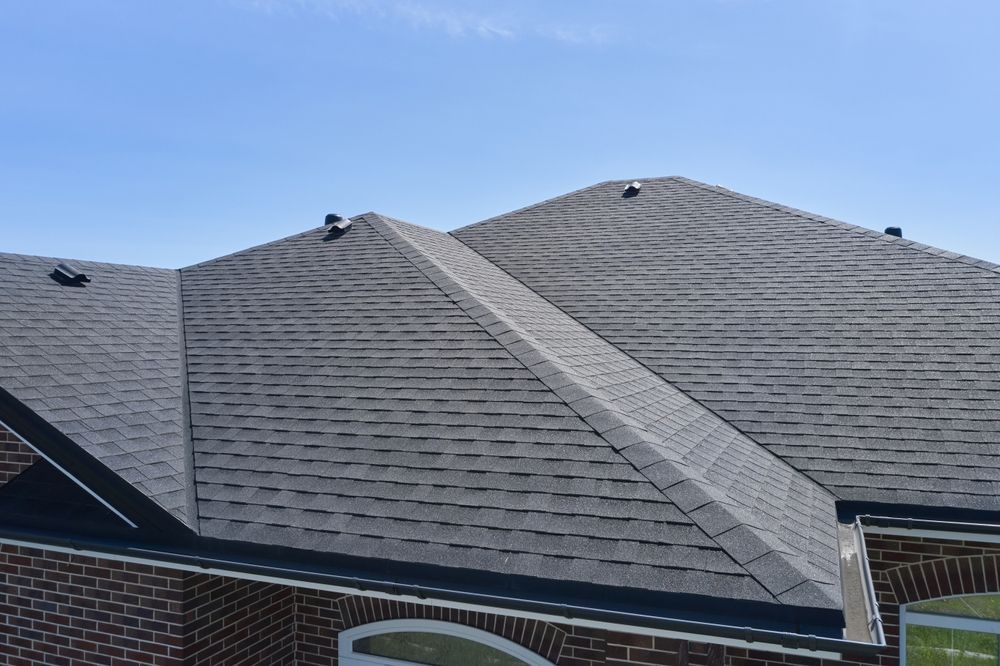
Slide title
Write your caption hereButton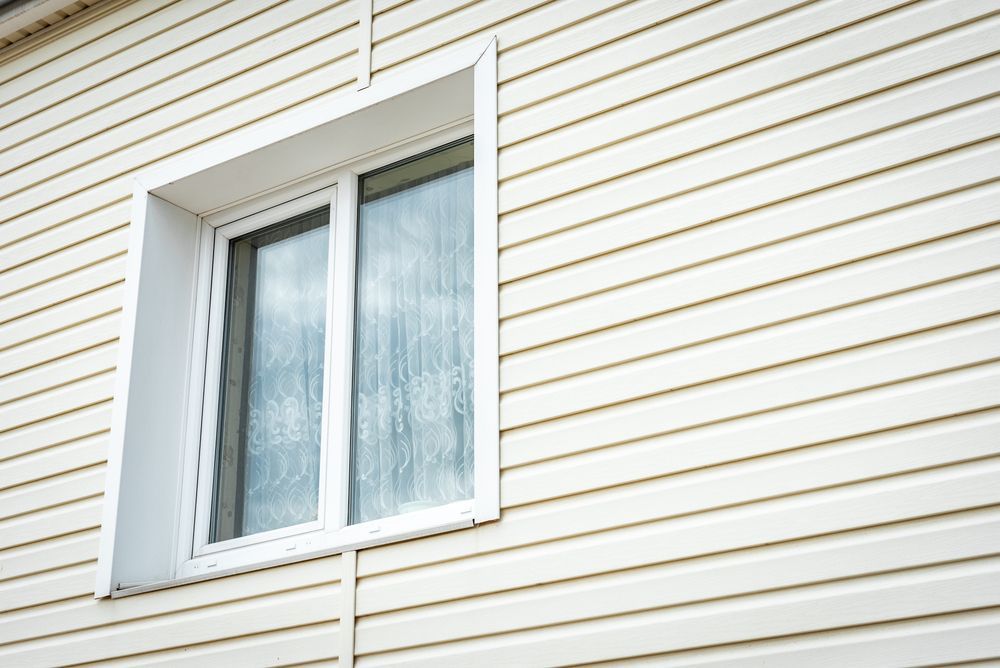
Slide title
Write your caption hereButton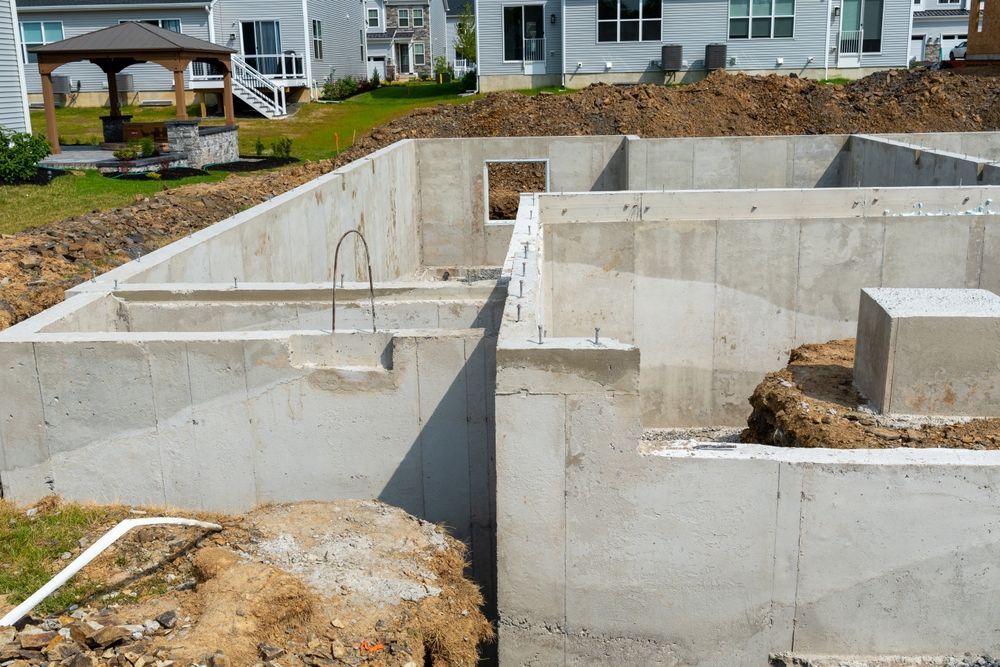
Slide title
Write your caption hereButton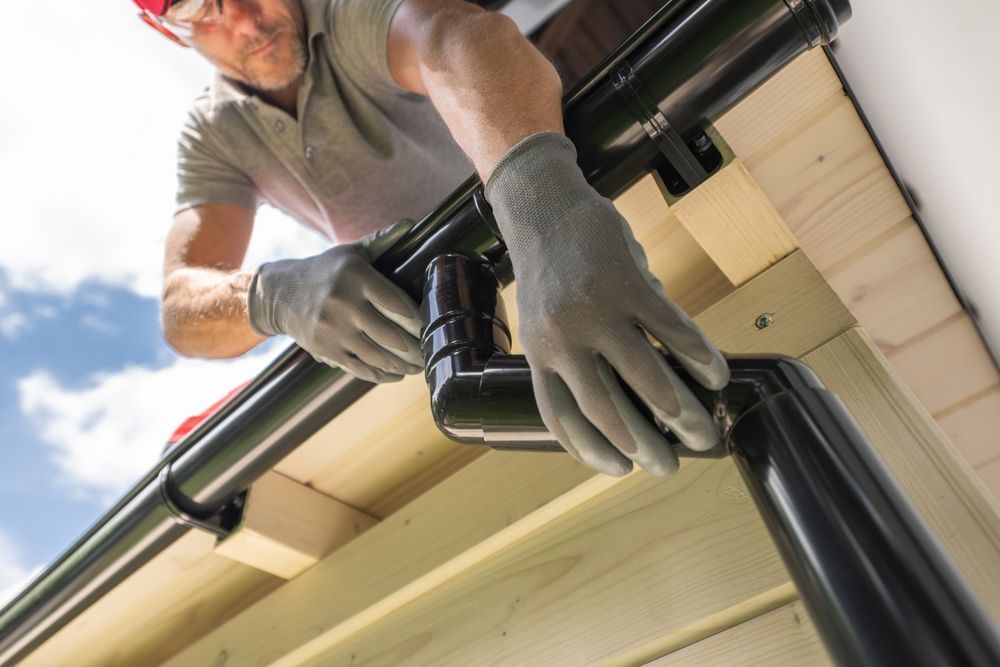
Slide title
Write your caption hereButton
Exterior
- Foundation and Structure: Identify cracks, settling, or other structural concerns.
- Roof and Gutters: Check for leaks, improper installation, or wear.
- Windows and Doors: Ensure proper sealing, insulation, and energy efficiency.
- Siding and Paint: Inspect for damage, weathering, or incomplete finishes.
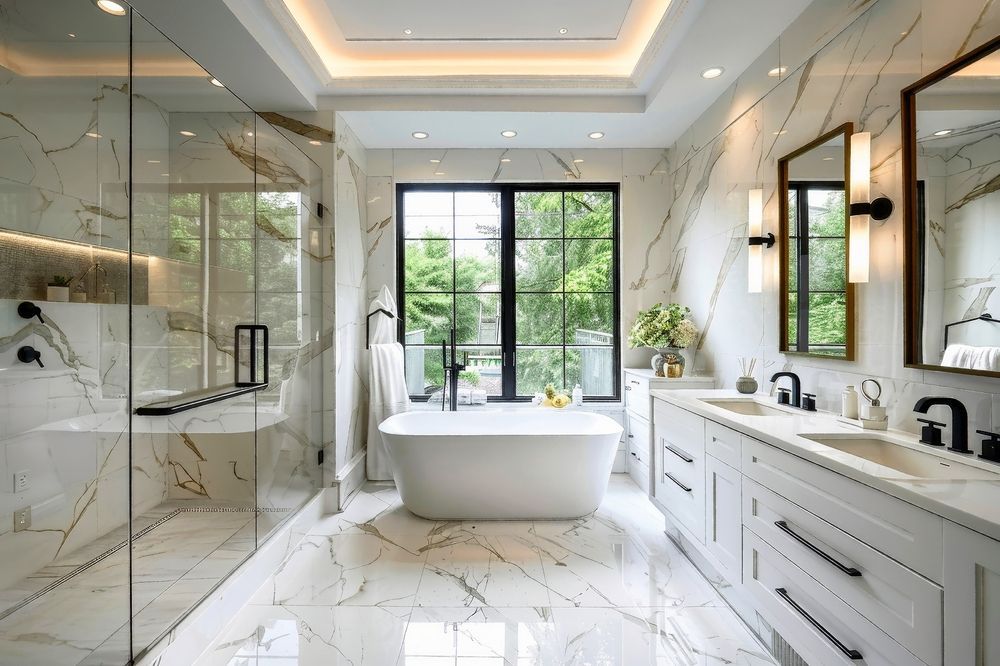
Slide title
Write your caption hereButton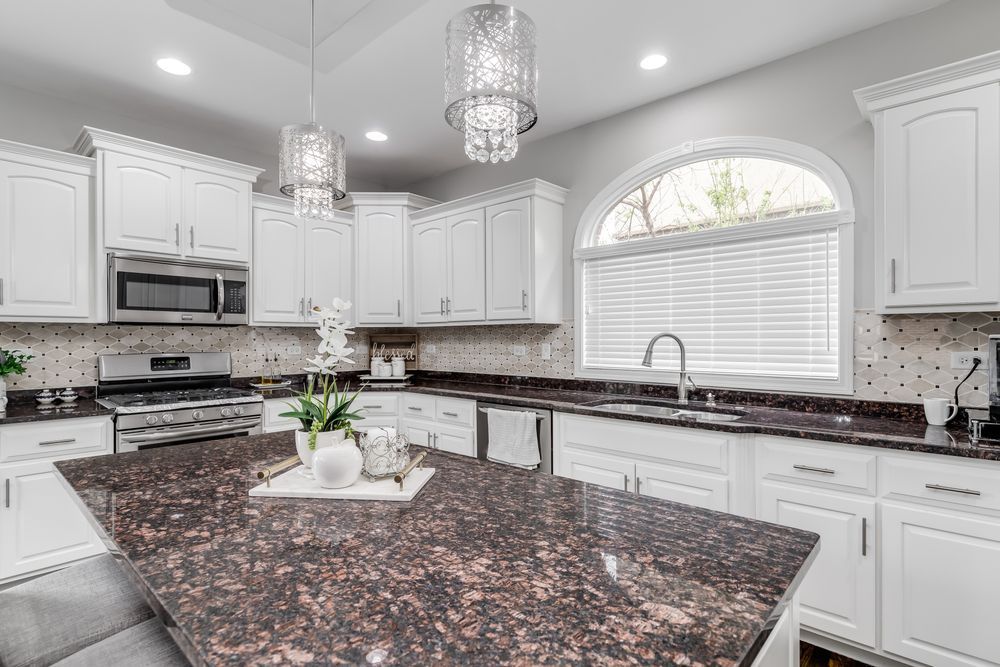
Slide title
Write your caption hereButton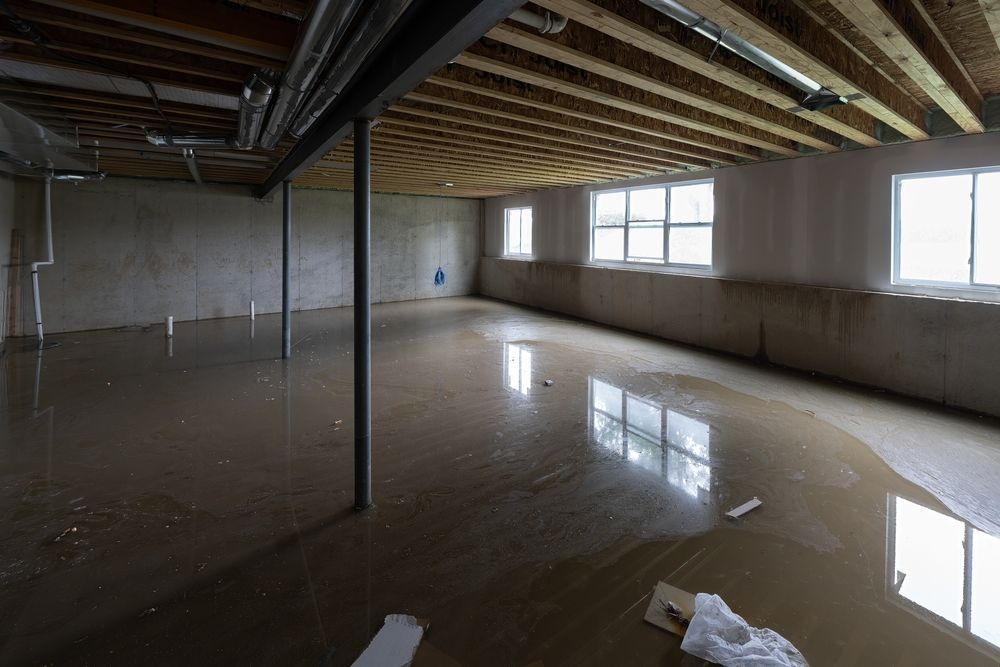
Slide title
Write your caption hereButton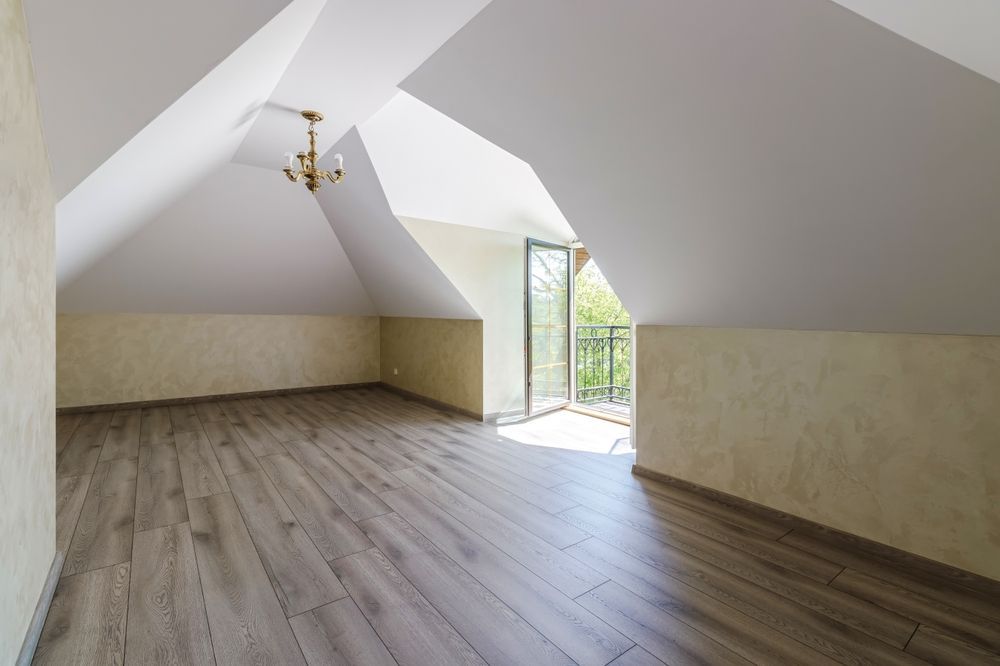
Slide title
Write your caption hereButton
Interior
- Walls, Ceilings, and Floors: Look for signs of damage, poor workmanship, or wear.
- Kitchens and Bathrooms: Check plumbing, fixtures, and ventilation.
- Attics and Basements: Assess insulation, ventilation, and moisture control.
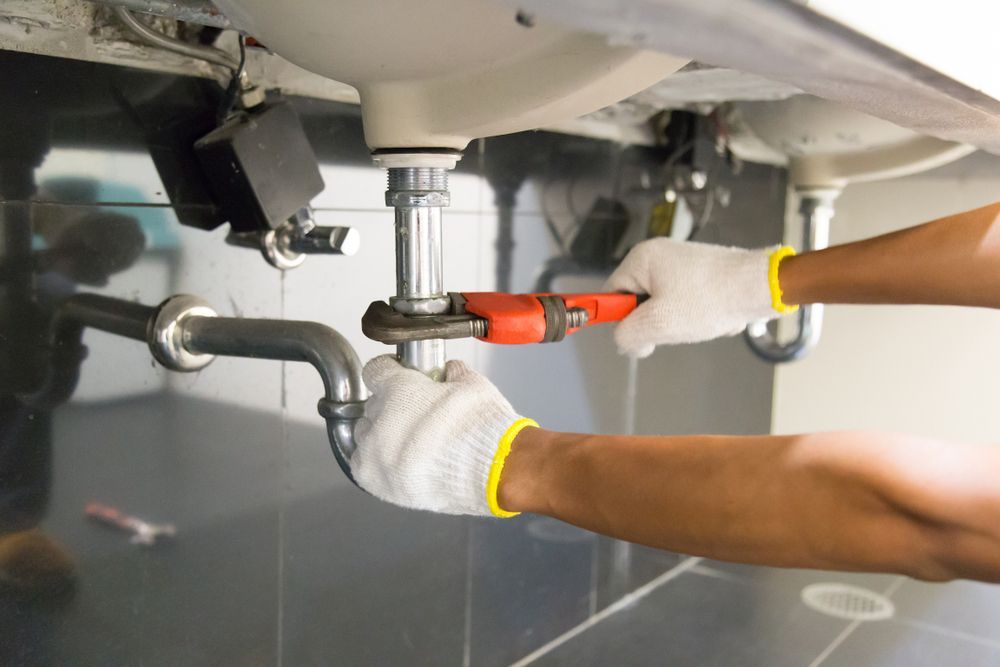
Slide title
Write your caption hereButton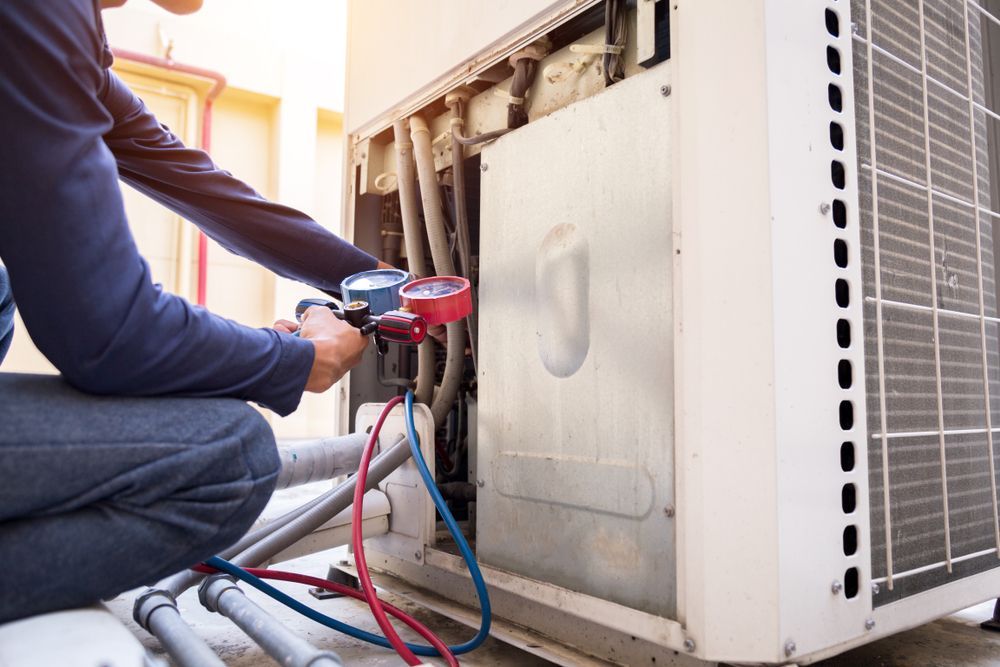
Slide title
Write your caption hereButton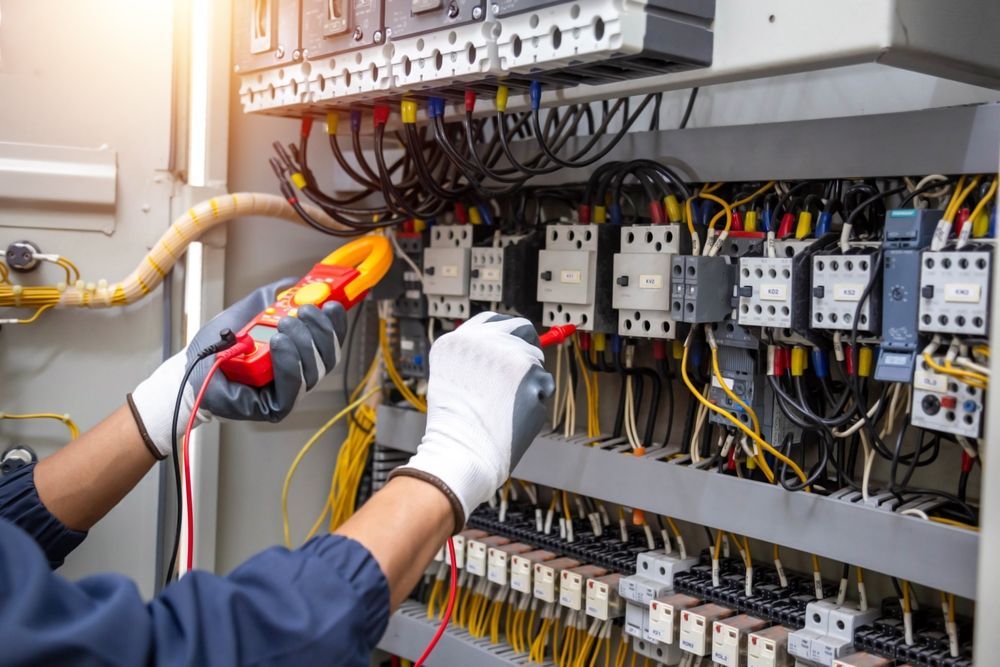
Slide title
Write your caption hereButton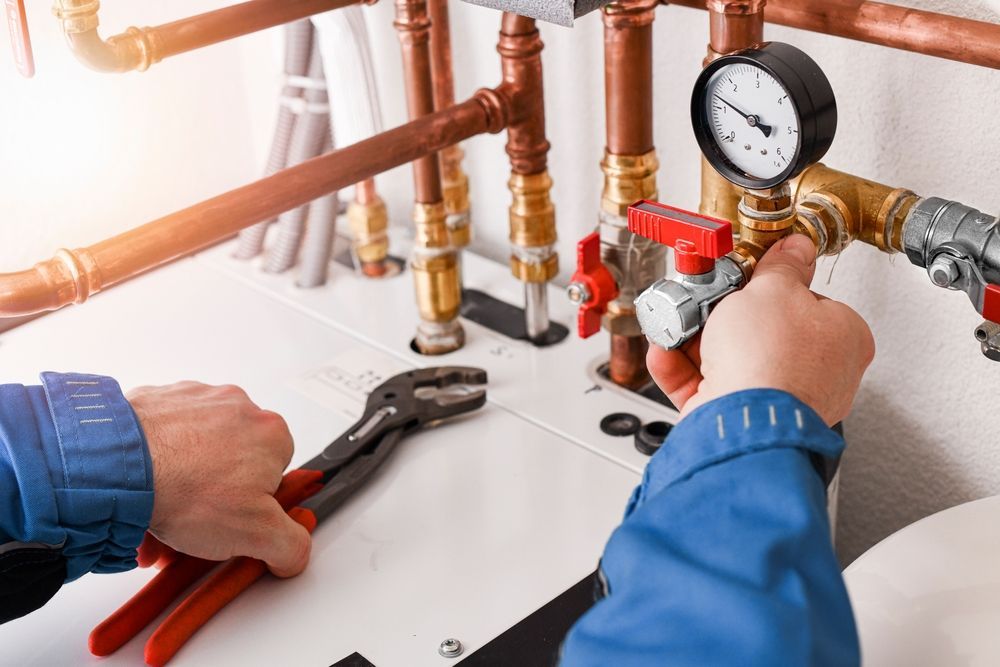
Slide title
Write your caption hereButton
Slide title
Write your caption hereButton
Mechanical Systems
- HVAC Systems: Inspect heating and cooling systems for efficiency and operation.
- Plumbing: Identify leaks, clogs, or improper installation.
- Electrical: Test panels, outlets, and wiring for safety and functionality.
- Appliances: Verify proper installation and operation of builder-installed appliances.
FAQs
What is a home inspection?
A home inspection is a detailed evaluation of a home’s structure, systems, and components. It ensures the property is safe, functional, and up to standard.
Why are home inspections important?
- Safety: Identify potential safety hazards.
- Functionality: Discover components not operating properly.
- Value: Reveal the true condition of a home to estimate repair costs and maintenance needs.
How long does a home inspection take?
Typically, inspections last 3-4 hours or more, depending on the size and condition of the property.
What other utility does a home inspection serve?
Home inspections are beneficial for:
- Sellers: Prepare your home for sale and avoid surprises.
- Buyers: Understand a property’s condition before purchase.
- Homeowners: Stay proactive about maintenance and repairs.
- Comprehensive Evaluation: Get a full understanding of your home’s condition.
- Peace of Mind: Eliminate uncertainty in real estate transactions or homeownership.
- Proactive Planning: Identify issues early to prevent costly repairs later.
- Schedule Your Inspection: Choose a time that works for you.
- Thorough Evaluation: Our team conducts a detailed assessment of your home’s exterior, interior, and mechanical systems.
- Receive Your Report: Get a comprehensive, easy-to-read report with actionable insights and photos of key findings.
Ready to gain confidence in your property?
Schedule your Detailed Home Inspection today!
CONTACT INFORMATION
ADDRESS: 12410 Millestone Center Dr 600, Germantown, MD 20876
SERVICES
© 2025 All Rights Reserved | R.D. Home Inspections, LLC | Designed by Consumr Buzz

